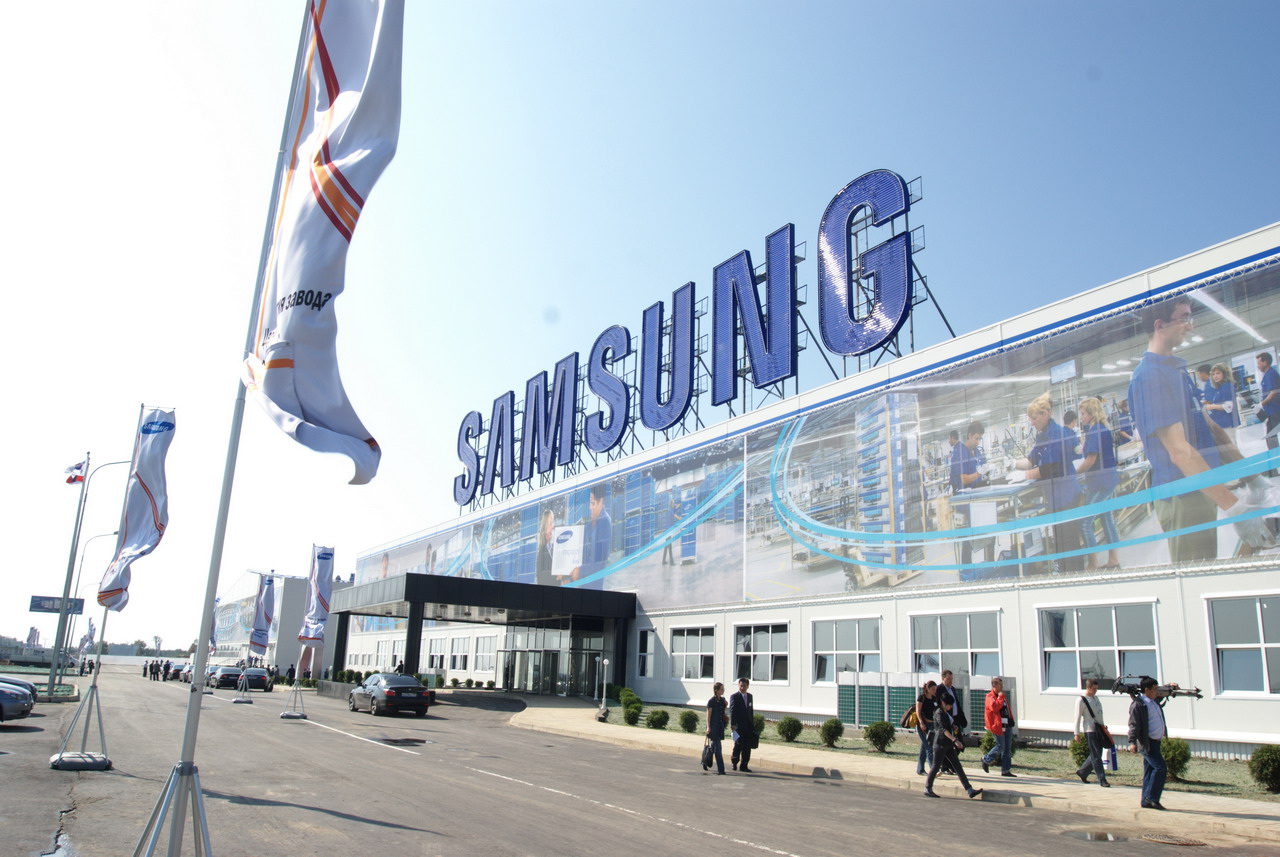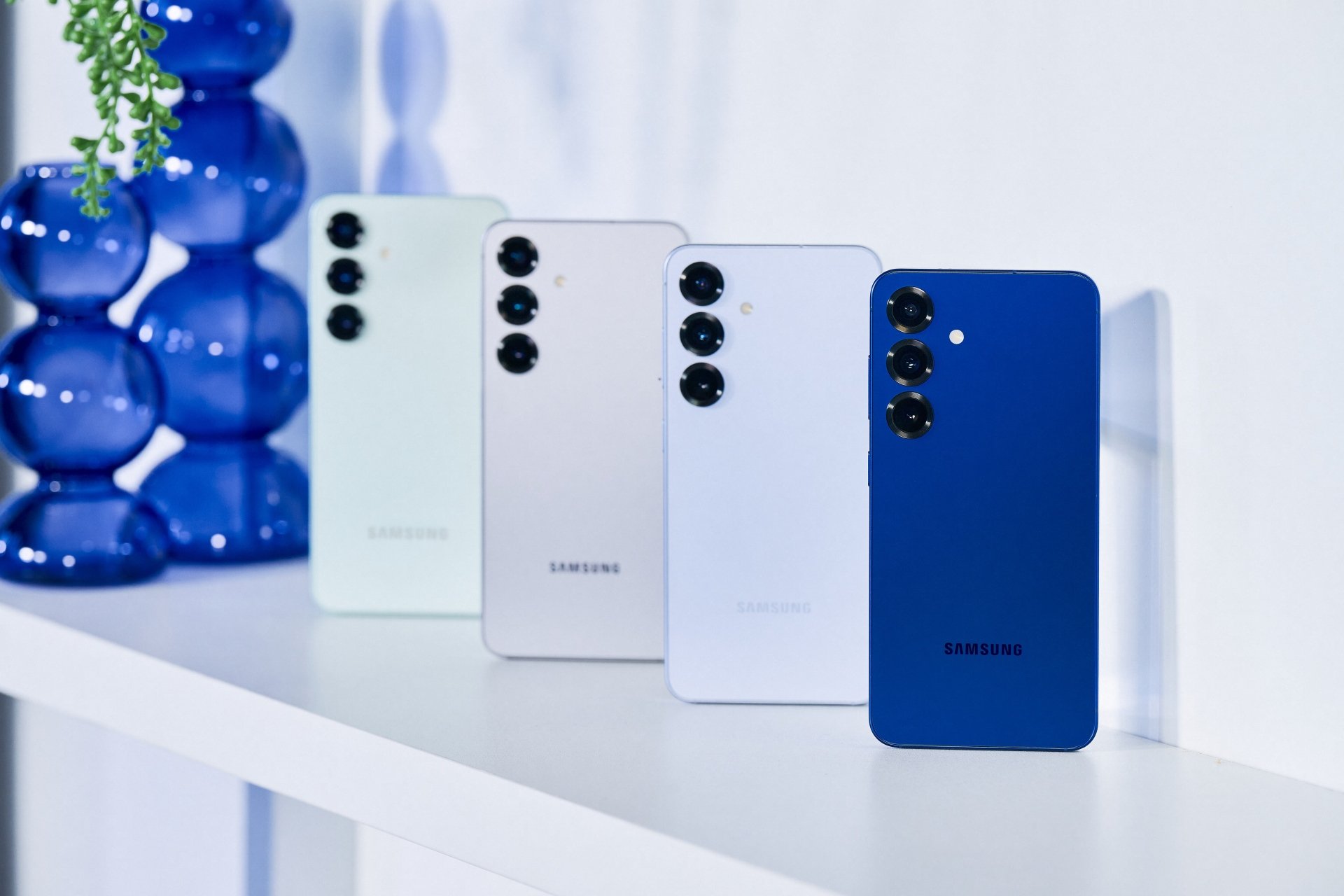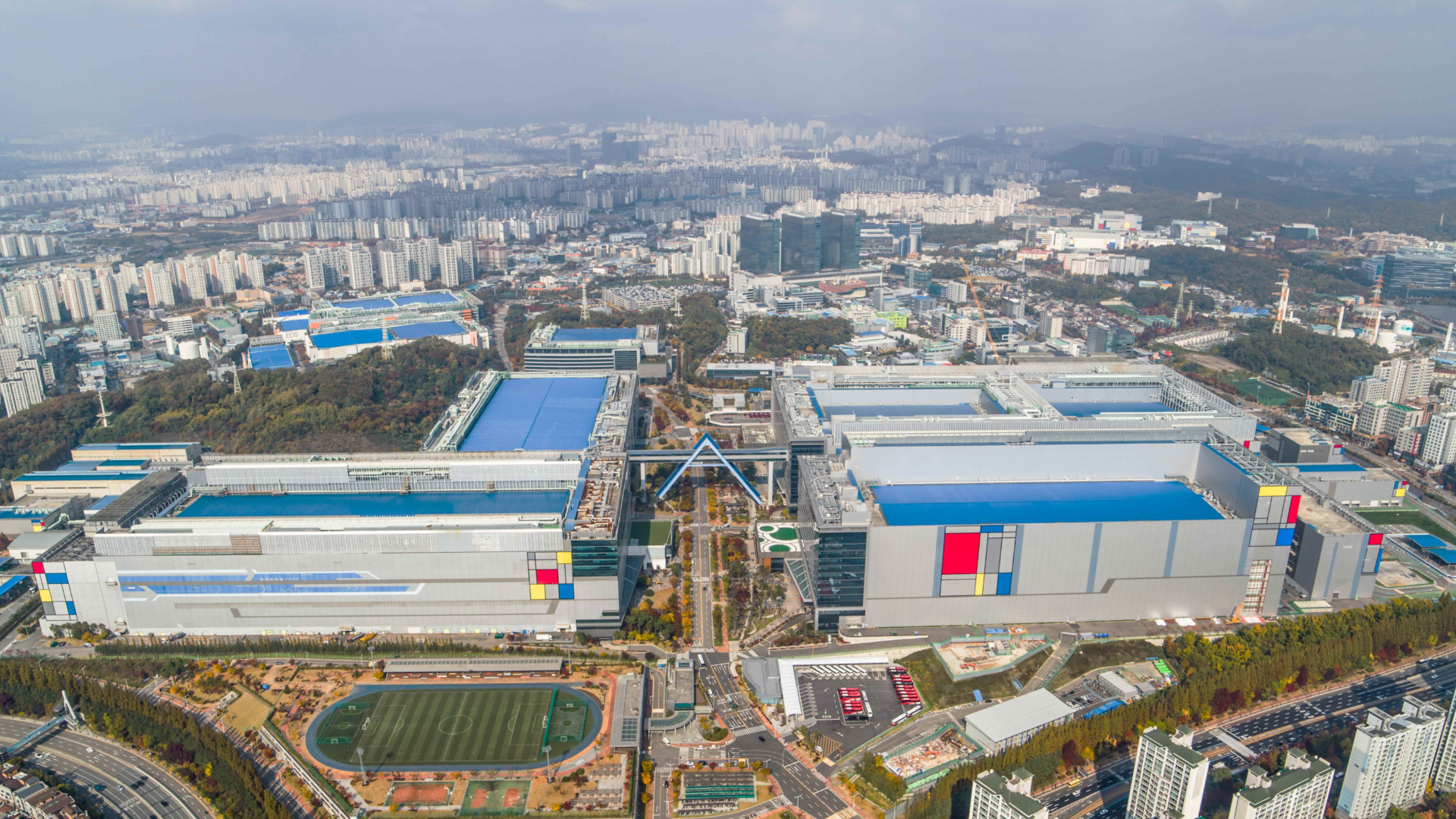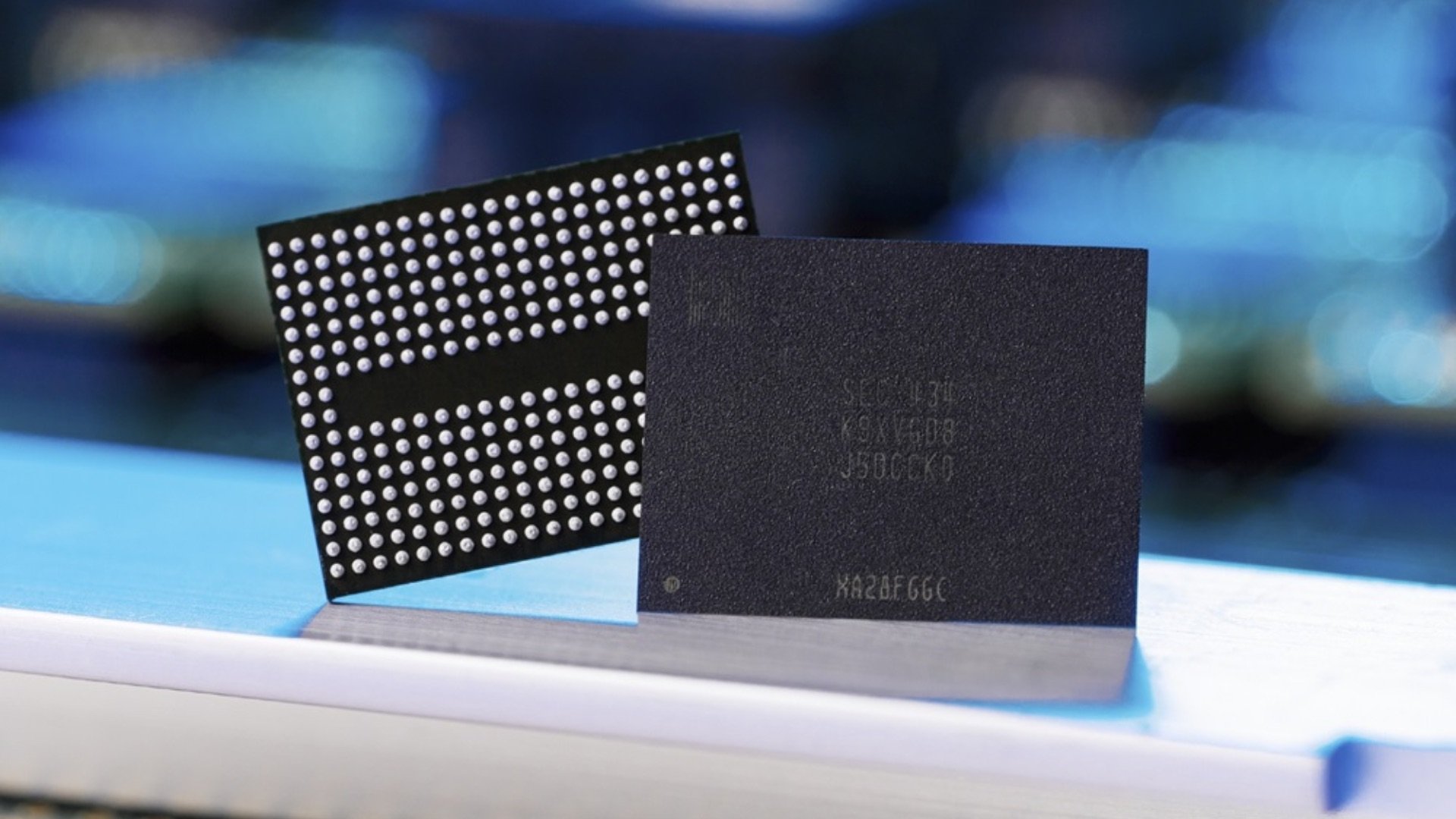
Samsung's mobile division is one of its main cash cows but it does appear to be struggling. In Q4 2015 it brought in KRW 25 trillion ($20.65 billion) in consolidated revenue with KRW 2.23 trillion ($1.8 billion) in operating profit as opposed to KRW 2.4 trillion ($2.1 billion) in operating profit in Q3 2015. The company mentions that it saw a slight quarter-over-quarter decrease in smartphone shipments due to year-end inventory adjustment with the increased portion of mid to low-end products also contributing to the decline in sales. Given that this quarter covers the holiday season the traditional increase in marketing expenditure has slightly impacted operating profit as well. Samsung notes that quarterly shipments and sales of its tablets increased due to seasonal demand and steady sales of the Galaxy Tab A and the Galaxy Tab S2.
The company has previously said that it expects global growth for its business to remain tough in 2016 and it reiterates that sentiment in its latest earnings release. Samsung expects single-digit percentage growth in smartphone and tablet categories as demand softens and competition intensifies. It says that despite this challenging environment it's going to focus on increasing smartphone shipments and maintaining double-digit margin through an optimized product portfolio and releases of competitive devices. Samsung is particularly focused on the premium smartphone market where it wants to reinforce its market leadership and drive growth with new and differentiated products.
















